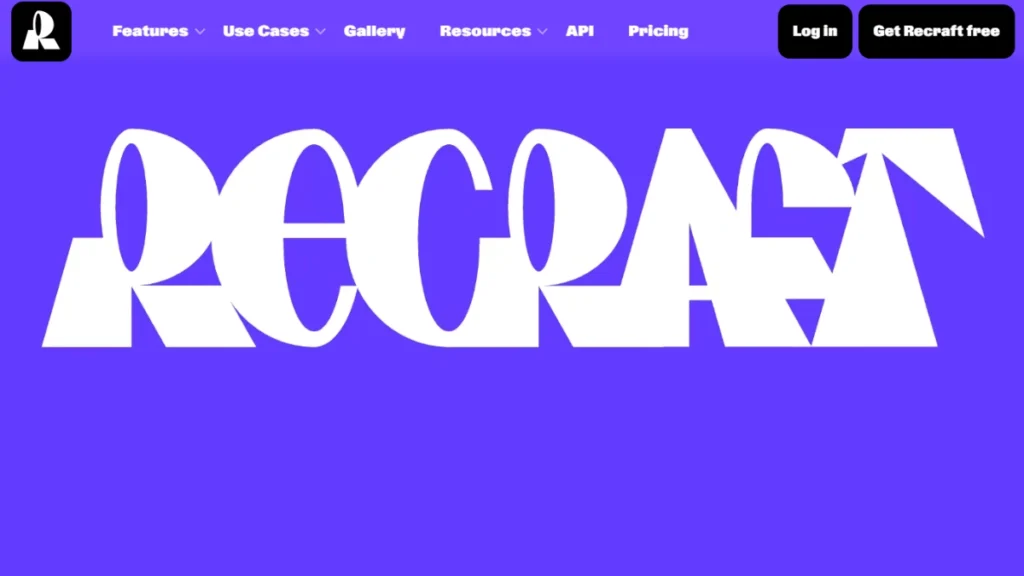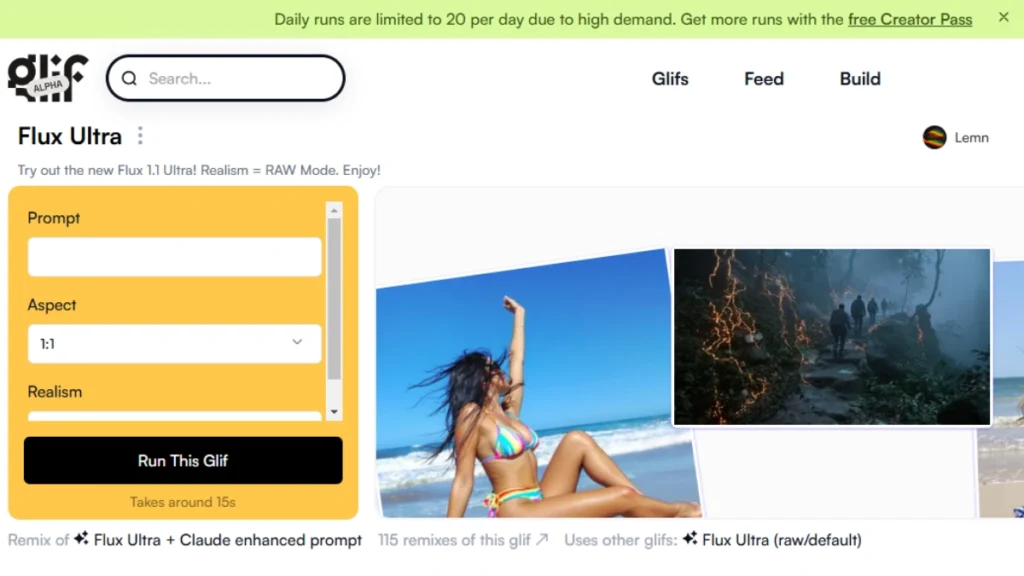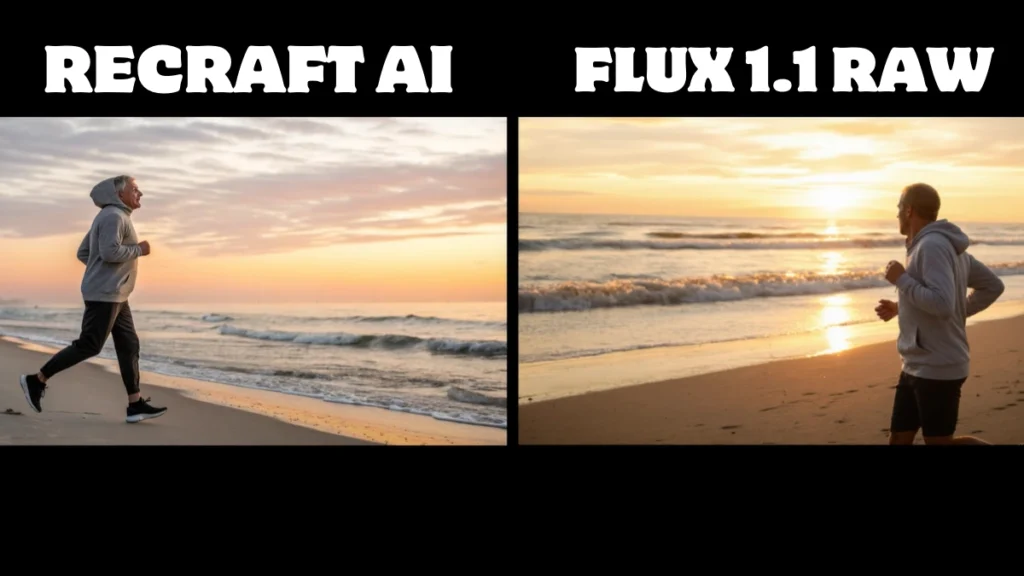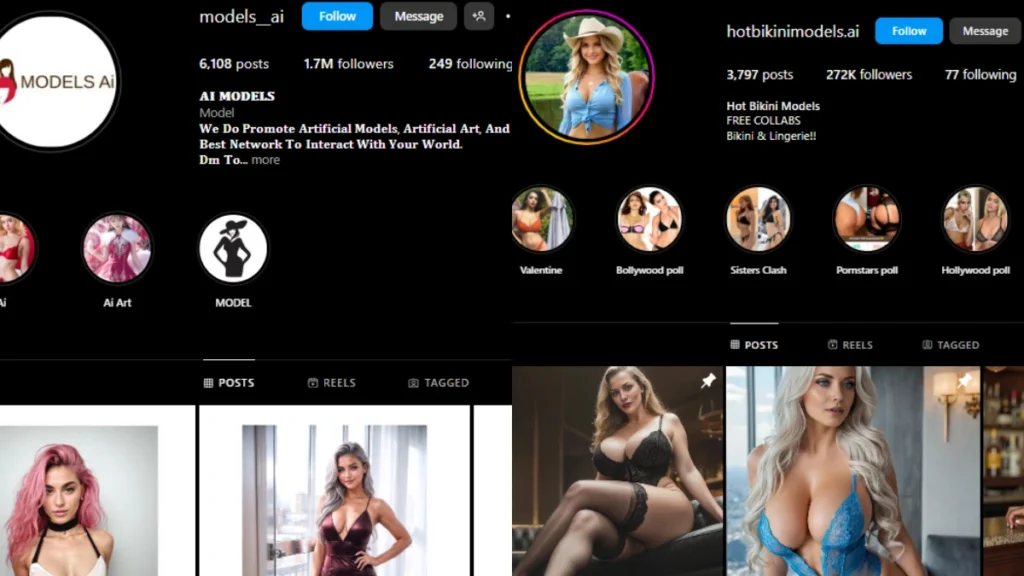In recent months, AI image generation has evolved dramatically, with Recraft AI and FLUX 1.1 RAW emerging as leading contenders in creating ultra-realistic images.
Both platforms offer unique strengths and capabilities, making them valuable tools for different use cases.

Understanding Recraft AI

Recraft AI has garnered attention for its exceptional ability to generate natural-looking images, particularly excelling in portrait photography and environmental shots. A standout feature of Recraft is its daily allocation of 50 credits, allowing users to generate 25 images per day, making it accessible for regular creative work.
Strengths of Recraft:
Recraft demonstrates particular excellence in several areas:
Portrait Generation: When creating images of people, Recraft produces remarkably natural facial expressions and realistic smiles, avoiding common AI pitfalls in eye rendering.
Natural Elements: In nature-focused prompts, such as beach scenes or jellyfish imagery, Recraft creates more anatomically accurate and naturally positioned elements compared to competitors.
Multiple Versions: Users can choose between RAW and photo-realism versions, offering flexibility in output style based on specific needs.
FLUX 1.1 RAW: Professional-Grade Output

FLUX 1.1 RAW has established itself as a powerhouse in professional-quality image generation, particularly excelling in specific scenarios:
Low-Light Excellence: FLUX consistently produces outstanding results in low-light situations, creating atmospheric CCTV-style footage and nighttime scenes with remarkable authenticity.
Professional Polish: Images generated by FLUX often carry a more polished, professional quality, making them suitable for commercial applications.
Prompt Accuracy: FLUX demonstrates superior ability in following complex prompts accurately, particularly in scenes requiring multiple elements or specific emotional contexts.
Head-to-Head Comparison

Through direct comparison using identical prompts, both generators showed distinct characteristics:
Beach Scenes: In generating a middle-aged man jogging along a beach at sunrise, Recraft produced more natural flowing layers and lighting, while FLUX struggled with anatomical accuracy.
Elderly Portraits: Recraft excelled in creating realistic wrinkles and facial features in elderly subjects, though FLUX demonstrated strength in environmental elements like rain and lighting.
Group Dynamics: For scenes involving multiple people, such as family gatherings or arguments, FLUX showed superior capabilities in managing multiple subjects while maintaining realism.
Traditional Settings: When generating scenes with traditional attire or cultural elements, both platforms performed well, with FLUX creating more detailed, busy scenes and Recraft focusing on clothing accuracy.
Optimal Use Cases
Recraft AI:
- Single-subject portraits
- Natural outdoor scenes
- Situations requiring subtle emotional expression
- Projects requiring anatomical accuracy
FLUX 1.1 RAW:
- Low-light photography
- Professional commercial imagery
- Multi-person scenes
- Atmospheric environmental shots
Advanced Tips for Better Results
For optimal results with either platform, consider:
Prompt Engineering: Be specific about lighting conditions, emotional states, and environmental details. Both generators respond well to detailed prompts.
Version Selection: With Recraft, experiment between RAW and photo-realism versions based on your specific needs.
Subject Complexity: Consider your subject matter when choosing between platforms – Recraft for individual subjects, FLUX for complex scenes.
How Instagram Models and Influencers Use AI Tools to Earn Money:

Tools like DeepArt and DeepDream allow content creators to create unique, artistic, or even AI-generated imagery for posting or selling to brands and other creators. Such content can be licensed to brands for advertisement or used for collaborations.
AI Image Editing Tools: Influencers use AI tools for photo and video enhancement. Apps like FaceApp, Remini, or Facetune allow them to perfect their photos, smooth skin, enhance facial features, and even change backgrounds.
AI for Video Editing: AI tools like CapCut and InShot help in creating high-quality short videos (Reels), by automatically editing, adding effects, or even generating content ideas based on trending sounds and themes.
AI-Driven Content Strategies:
Analytics and Insights Tools: AI tools such as Hootsuite or Sprout Social analyze audience engagement, optimal posting times, and trending topics, helping influencers grow their reach and target potential brand collaborations.
Personalized Content Creation: Platforms like Jasper AI or Copy.ai can help in generating engaging captions, hashtags, and even blog posts. AI helps creators to save time in content creation while still offering fresh and compelling text.
Monetization Strategies:
AI-Powered Affiliate Marketing: Influencers often collaborate with brands and promote products via affiliate links, tracking sales through AI-driven affiliate programs. Tools like RewardStyle and Awin help influencers track their affiliate links and maximize earnings.
AI Chatbots for Customer Engagement: Some models and influencers use AI-powered chatbots like ManyChat to directly engage with their followers, provide customer support for merchandise, or promote exclusive content and collaborations.
Creating Virtual Influencers or Models: With AI-generated avatars (like Lil Miquela), influencers create virtual personas that interact with real users. These virtual models can have brand partnerships, merchandise, and sometimes even concerts or virtual events.
AI-Based Content Generation and Licensing: Tools like DeepArt and DeepDream allow content creators to create unique, artistic, or even AI-generated imagery for posting or selling to brands and other creators. Such content can be licensed to brands for advertisement or used for collaborations.
